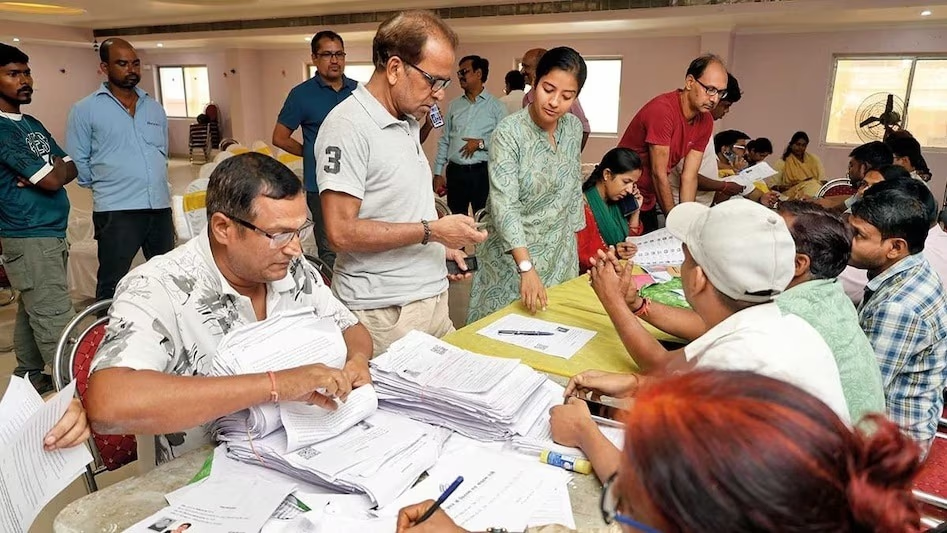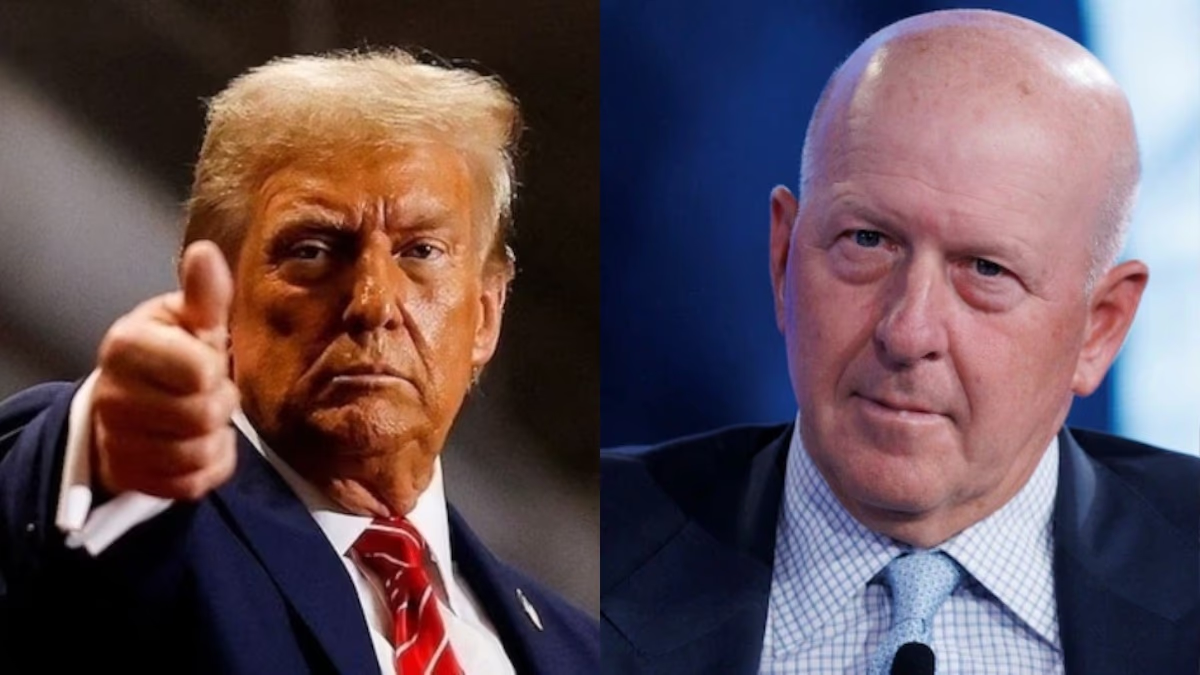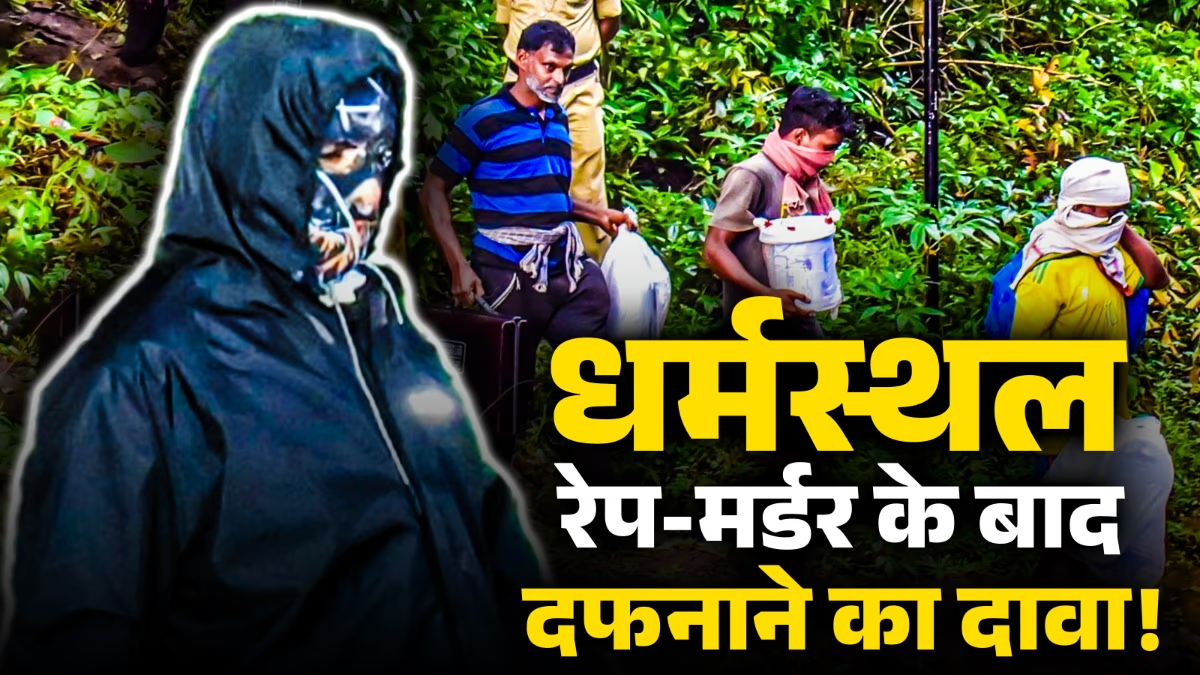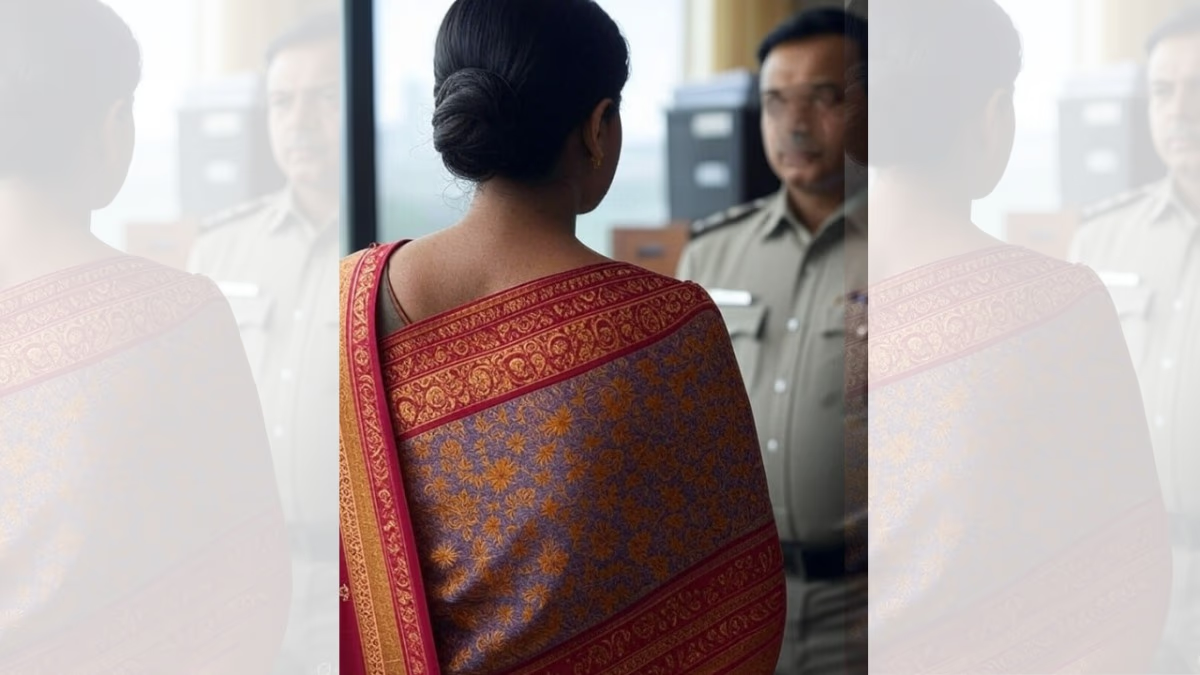The Supreme Court held a hearing on Wednesday regarding petitions challenging the Special Intensive Revision (SIR) process initiated by the Election Commission of India (ECI) in Bihar. This hearing took place before the bench of Justices Suryakant and Joymala Bagchi. During the session, Justice Bagchi addressed the petitioners' lawyer, acknowledging the discussion around Aadhaar. Increasing identification documents is a voter-friendly move, not an exclusionary step. Previously, seven documents were valid; now there are eleven, offering people more options.
Justice Suryakant remarked during the hearing, "If someone claims all 11 documents are mandatory, it would be anti-voter, but if any of the 11 reliable documents suffice...?" In response to the judges' comments, petitioners' lawyer Abhishek Manu Singhvi expressed disagreement with Justice Bagchi's views, highlighting that it's essentially exclusionary.
Read More: BJP's Counter Claim on 'Vote Theft'... Examples from Rae Bareli and Diamond Harbour in Bengal
Singhvi argued, "(1) Aadhaar is not included - making it exclusionary. It's the document with the broadest coverage. (2) Water, electricity, gas connections – are not part of the required documents (3) Indian Passport covers less than 1-2%. In terms of numbers, they maintain it to influence. But by nature, it’s a minimum coverage document. (4) All other documents cover between 0-2-3%. If someone doesn't own land, documents 5, 6, 7 are excluded. I'm curious how many in Bihar would qualify? Residence certificates aren’t available in Bihar. Only self-declaration is needed in Form 6."
Why does Abhishek Manu Singhvi object? Lawyer Singhvi stated, "No objections, but why months before elections? Do it later, it will take a year. The Election Commission is trying to influence by citing 11 documents... The source of 3 documents is unknown, and 2 are highly dubious and irrelevant... This list of 11 is like a house of cards. They replace Aadhaar, water, and electricity bills.
On the Citizenship Proof Issue, a Complete 180-Degree Turn Says Singhvi
Senior Advocate Abhishek Manu Singhvi stated that the Election Commission has completely reversed its stance on citizenship proof. Initially, someone must object before a person is considered non-citizen, then ERO will issue a notice and provide time for response. He questioned how such a significant judicial task could be completed in two months. Singhvi suggested that SIR, starting in December, should conclude in a year, with no opposition.
How did Singhvi respond to the judge’s civil services commentary?
The Supreme Court noted the interest of people in border areas having passports. In Punjab, people are also known to acquire passports. Singhvi objected to the matriculation certificate data ranging from 2005-2025, arguing not everyone passing within this frame is a voter. The court clarified certificates are issued to graduates of that year, hence relevant. Additionally, the court emphasized Bihar's representation in IAS and IFS is substantial.
Read More: During SIR Hearings, Yogendra Yadav Presented Two 'Deceased Voters', EC Responds - No Drama, Help Them
Abhishek Singhvi highlighted such representation is confined to a section, while flood-affected, rural poor struggle for documents. Several states lack permanent residence certificates.
How Was the 13 Crore Permanent Residence Certificate Figure Reached?
The court questioned how Bihar's figure of 13 crore permanent residence certificates was reached, given it exceeds the state’s total population. The ECI explained this data comes from states or other authorities as examples. Singhvi raised concerns over three document sources being undisclosed, whereas two don’t apply in Bihar. Simple documents like water-electricity bills, aside from Aadhaar, EPIC, aren’t included, as stated in the Danish case affidavit.
Justice Bagchi noted the issuer department for permanent residence certificates also remains unspecified. Singhvi reiterated there’s no issue with rapid revision, but implementing it within two months is impractical.




